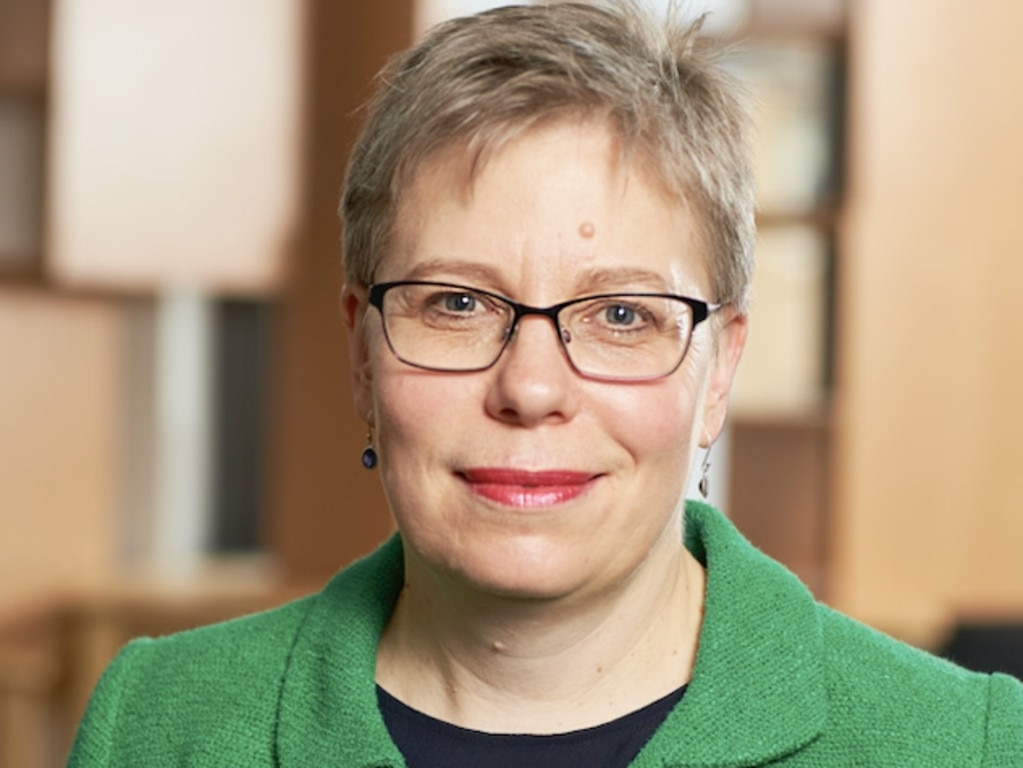Parents should read three books a day to their children before they start school
Experts have revealed the simple things parents can do to get their children school ready, as a new report reveals which kids fall behind.
Parents should talk to their children more and limit their screen time if they want to give them the best start at school.
It comes as a new report revealed that kids in lower socio economic groups were twice as likely to start school developmentally vulnerable than those in the highest socio economic groups.
Principal Steve Rogers, responding to the report by The Front Project, said some children were starting school without the social skills required to “work and play with others”.
He said parents should read at least three books a day to their child before they start school, let them play and explore outdoors, and spend more time talking to them.

“When I see people out at lunch, and a young child is on a phone or iPad, I think wouldn’t that be a good opportunity to talk to them,” Mr Rogers, who is head of a regional school in Victoria, said.
The Front Project – an independent group which looked at the data from the Australian Education Development Census (AEDC) – also found that children in regional Australia were more likely to be disadvantaged when they started school than their city cousins.
In one government area, Barkly in the Northern Territory, more than three quarters of the kids were considered vulnerable.

Research showed that of the 63,000 who were behind when they started school in 2021, around half would never be able to catch up.
By Year 3, those children would be a year behind their peers on NAPLAN and, by Year 5, they would be around two years behind their peers.
The report said that these students were also less likely to finish school, and more likely to experience unemployment and ill-health throughout their lives.
“In Australia, your postcode or where you live should not be constraining your opportunities in learning and development,” The Front Project CEO Jane Hunt said.

“These children are being held back, not because of their ability, but because of lack of opportunity and support.”
The report,Supporting All Children to Thrive – The importance of equity in early childhood education, called for quality early childhood education for the two years before school to
“break the cycle of vulnerability”.
The AEDC data classified children as ‘on track’, ‘at risk’ or ‘vulnerable’, depending on how teachers scored them in five areas; physical health and wellbeing, social competence, emotional maturity, language and cognitive skills and communication skills and general knowledge.
Children who were experiencing developmental vulnerability demonstrated a much lower than average ability in at least one of those areas.
The data showed that nearly four in 10 kids in the Northern Territory were classed as vulnerable in at least one area when they started school.
Victoria had the lowest number of vulnerable kids, but 19.9 per cent were still deemed to be disadvantaged in at least one area.
More Coverage
Originally published as Parents should read three books a day to their children before they start school





